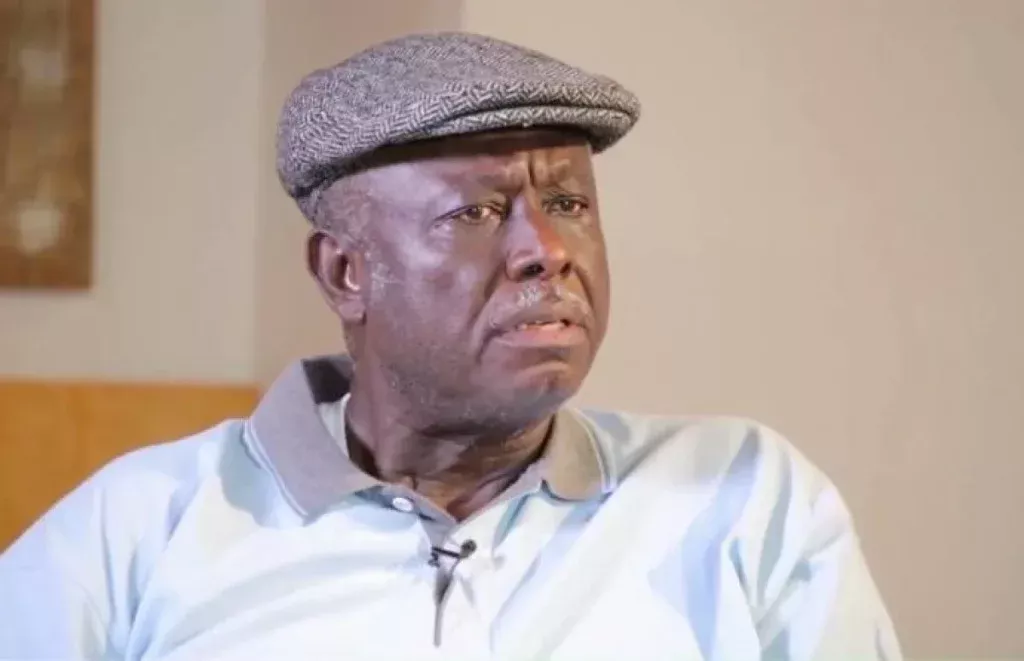Amnesty International has intensified calls for Nigerian religious, traditional, and community leaders to actively combat rampant mob violence and extrajudicial killings, citing alarming data revealing over 500 lives lost to vigilante actions in recent years. The appeal follows a public awareness campaign in Calabar, where Amnesty’s programme officer, Barbara Magaji, underscored the lethal consequences of citizens bypassing legal channels to mete out punishments.
Magaji revealed that an 11-year study identified 555 Nigerians killed by mobs between 2011 and 2022, averaging five deaths annually. These included cases fueled by unproven witchcraft accusations, personal disputes, and false theft allegations. In Cross River State, researchers found witchcraft-related claims disproportionately driving attacks, often targeting vulnerable individuals without evidence. “Once someone is killed, there’s no recourse for the innocent,” Magaji emphasized, noting irreversible violations of victims’ rights to fair trials and protection from torture.
The report highlights a cycle of distrust in law enforcement as a key driver of vigilante actions. Many communities avoid reporting incidents to police due to perceptions of inefficiency or corruption, opting instead for instant, frequently violent resolutions. Magaji urged security agencies to prioritize transparent investigations and swift legal proceedings to rebuild public confidence. “Judicial actors must handle cases efficiently to demonstrate the system works,” she stated, while pressing magistrates and lawyers to expedite rulings on reported crimes.
To address systemic failures, Amnesty advocates integrating human rights education into police training programs. “Officers need practical skills to enforce laws ethically and protect civilians,” Magaji explained. The organization further implored schools, religious institutions, and traditional councils to condemn mob actions through grassroots education, particularly targeting youth.
The findings underscore broader challenges in Nigeria’s justice system, where delayed trials and under-resourced policing often leave citizens feeling unprotected. While vigilante actions surge, Amnesty stresses that such violence perpetuates cycles of abuse. “Jungle justice isn’t justice—it’s a failure of institutions and humanity,” Magaji concluded, urging coordinated efforts to strengthen legal frameworks and community trust.



